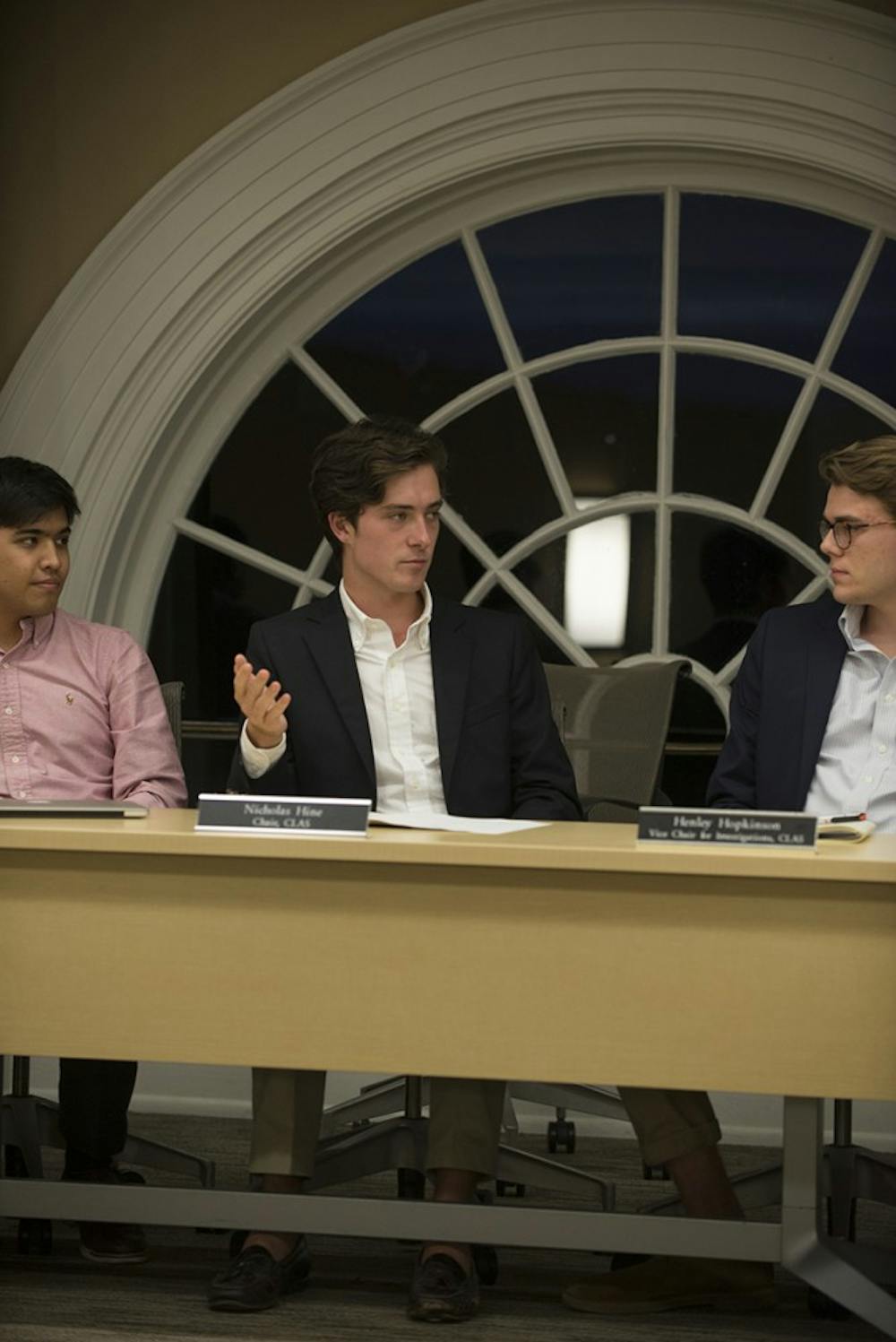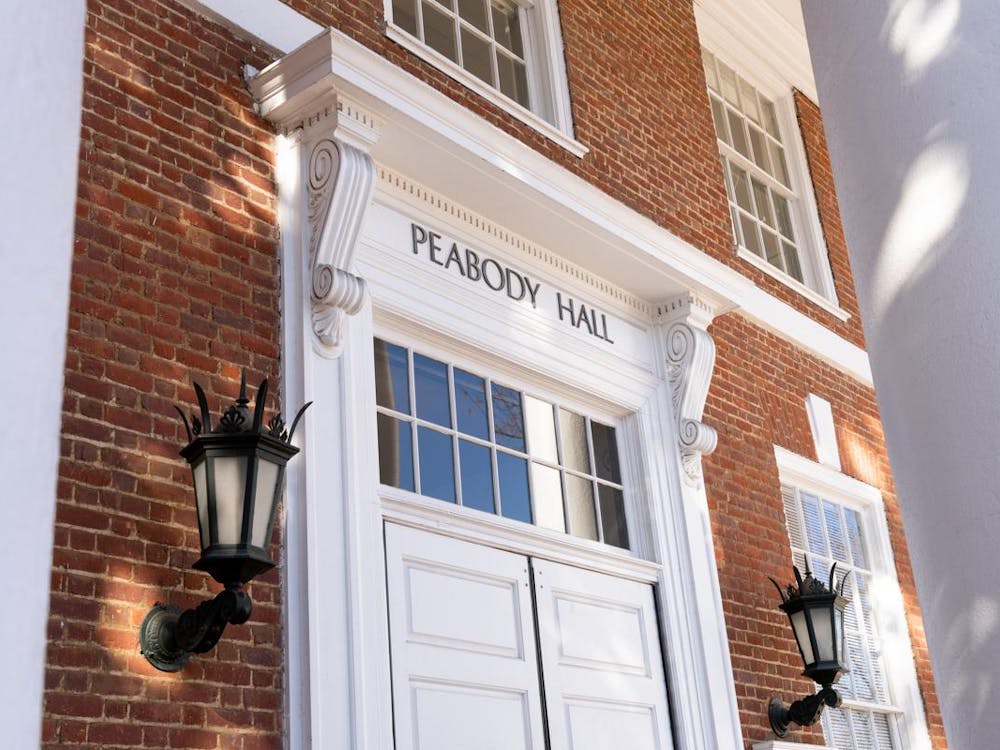The Honor Committee is considering revisions to its bad debt policies, possibly impacting the Committee’s future jurisdiction and trial practices. As the bylaws currently stand, bad debt cases range from issues like bad checks to a failure to pay rent. Under existing bylaws, these cases qualify as stealing and merit an investigation into whether or not an honor offense has been committed.
Committee members, however, have become increasingly aware of numerous situations concerning unfulfilled contractual obligations which the Committee deals with but in which members feel it may not be appropriate to get involved. Such activities include sending letters to students encouraging them to pay debts and adjudicating certain types of bad debts cases.
Part of the impetus behind the policy change is an increased number of bad debt cases in recent years. Committee Chair Nicholas Hine, a fourth-year College student, also expressed concern that landlords could use honor charges as a way to get a student to pay rent, even disputed rent — something Committee members want to avoid.
The Committee discussed measures which would differentiate between contract dispute cases in good faith and those where a less complicated violation has been alleged and which the Committee can more clearly pursue.
One proposed measure would allow the Vice Chair for Investigations, fourth-year College student Henley Hopkinson, to use personal discretion in whether to move forward with a case.
Another solution, proposed by second-year Law student Charles Gamper, a Committee representative, suggested a small claims court hearing as a prerequisite to a honor investigation.
“I have concerns about the [Vice Chair for Investigations] exercising discretion on whether or not there’s jurisdiction on a specific case or not,” he said. “Just for the purposes of students in Charlottesville, there’s a new VCI one year who has a new interpretation of what would or would not be in [the Honor Committee’s] jurisdiction. A potential option would be that we require the landlords to go through small claims court first, and then that can resolve any of the legal contract issues before we get involved in any investigation.”
A different approach, as mentioned by Martese Johnson, a third-year College student and Honor Committee Vice Chair for Community Relations, would look at the severity of the claim in question and determine whether to pursue a case based on how much the accusing party claimed was owed.
To reconcile these approaches, Hine suggested a formal or informal checklist of a few pre-selected scenarios to determine if a case would be heard. This would minimize the impact of the Vice Chair for Investigation’s personal interpretation.
The Committee discussed additional scenarios, such as how to treat a situation where a low income student has failed to pay rent simply because they are unable. Committee members said though it was unlikely for such a circumstance to be ruled as a “breach of the community of trust” or to make it to trial without being dismissed as not a significant infraction, the issue should be expressly addressed in the Committee's bylaws.
“I am slightly uncomfortable with the notion of relying on [interpretations] as fail-safes,” Hopkinson said. “If we are fundamentally concerned with the fact that a student simply might not be able to pay rent, I don’t think we should say ‘well, most likely the significance criteria will rule that out.’ I think we need to address it head on.”
The Committee also discussed its practice of sending letters to students with outstanding debts. Typically, the Committee gets involved with bad debt cases by serving as a middle-man, contacting students upon the request of the accusing party — without a formal complaint submission — urging the students to pay the debt.
Many Committee members, however, said they did not feel it is the aim or responsibility of the Committee to get involved in contract disputes in good faith.
“There are a lot of issues with the letters,” Hine said. “They pressure students to pay even if they feel that they don’t have to pay; they presume guilt.”
Ultimately, Hine said, the letters have the potential to work against the Committee’s stated goal of impartiality, coercing students into paying debts they feel they are unfair or unjustified.
Committee representative Tyler Pitt, a fourth-year Architecture student, said when the Committee is trying to obtain background information before any investigation has begun, they want to make sure the outreach to students is non-alienating and clearly unbiased.
“I don’t want it to seem like [the Committee] is already investigating a student,” Pitt said.
Hine said he did not know when revisions would take effect, but the Committee will continue to discuss the issue throughout the semester.
Correction: A previous version of this article said an education team would be working on this issue throughout the coming semester. The issue will be reviewed in the coming months by the entire Committee.






